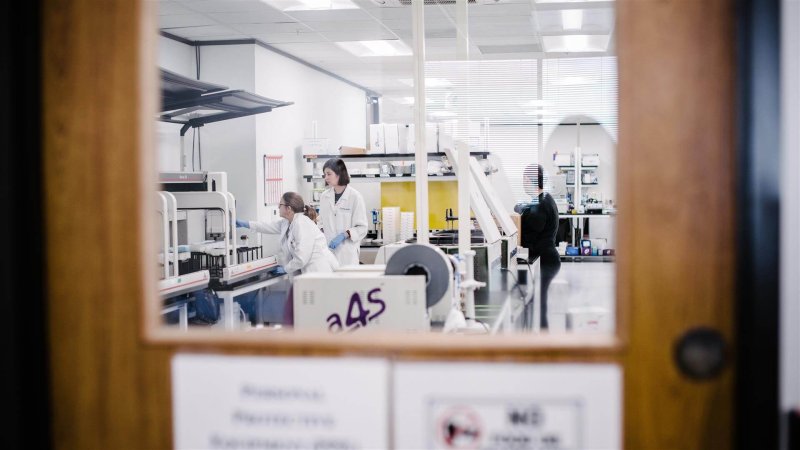Millions of consumers use genetic data to gain insight into family roots or learn about health risks. The boom has also revealed information test takers never expected, such as the identities of biological parents in adoptions or partners involved in secret relationships.
DNA databases have drawn interest from outsiders too—drug companies eager to mine them for information, researchers studying population migration and law enforcement seeking leads to crime suspects.
…
Whether a company issues a press release detailing a policy or flags it on a website, consumers don’t always pay attention or fully understand the way their DNA will be used, say researchers studying genetic privacy.
When the FBI’s Mr. Kramer called FamilyTreeDNA in late 2017 and then again in early 2018, he framed the requests as appeals for help from a good citizen, [FamilyTreeDNA founder Bennett] Greenspan said. So in both instances, he agreed to help.
…
“I am not trying to put myself out there as anything but a small man confronted with an extraordinary problem,” Mr. Greenspan said. “I still believe I made the right decision for me as a person and for our community as Americans.”
Read full, original post: Customers Handed Over Their DNA. The Company Let the FBI Take a Look.































